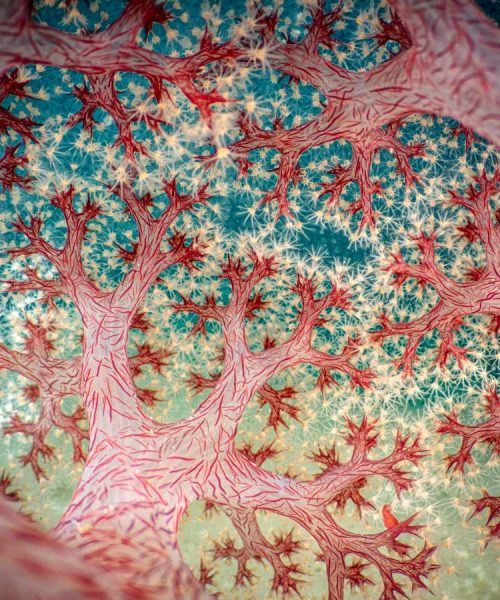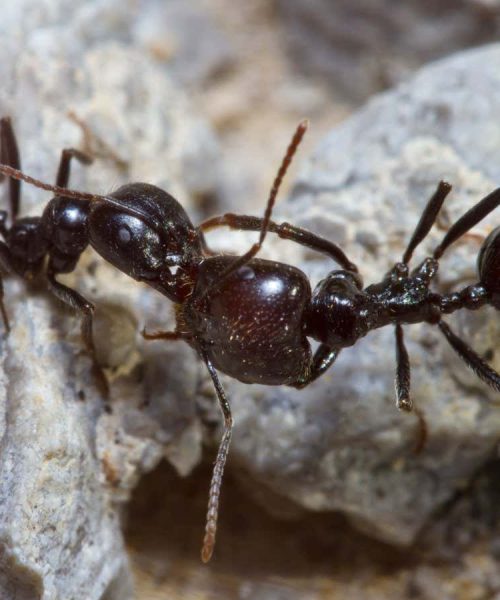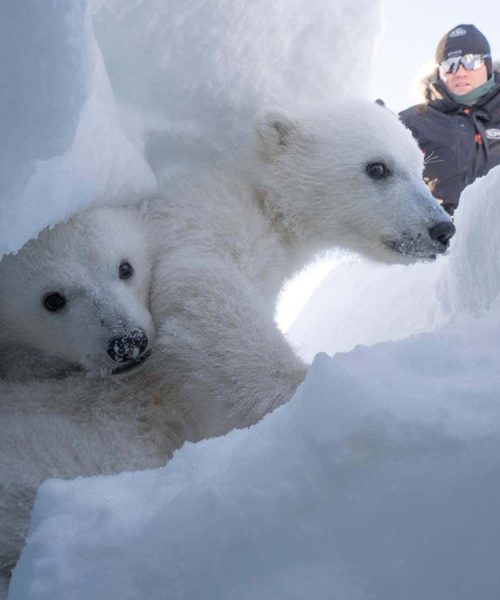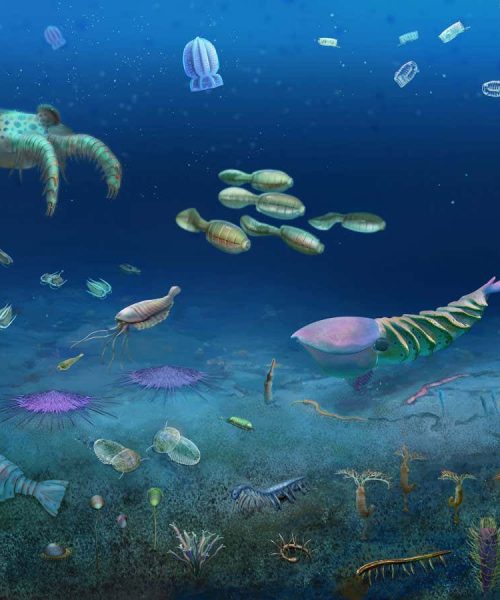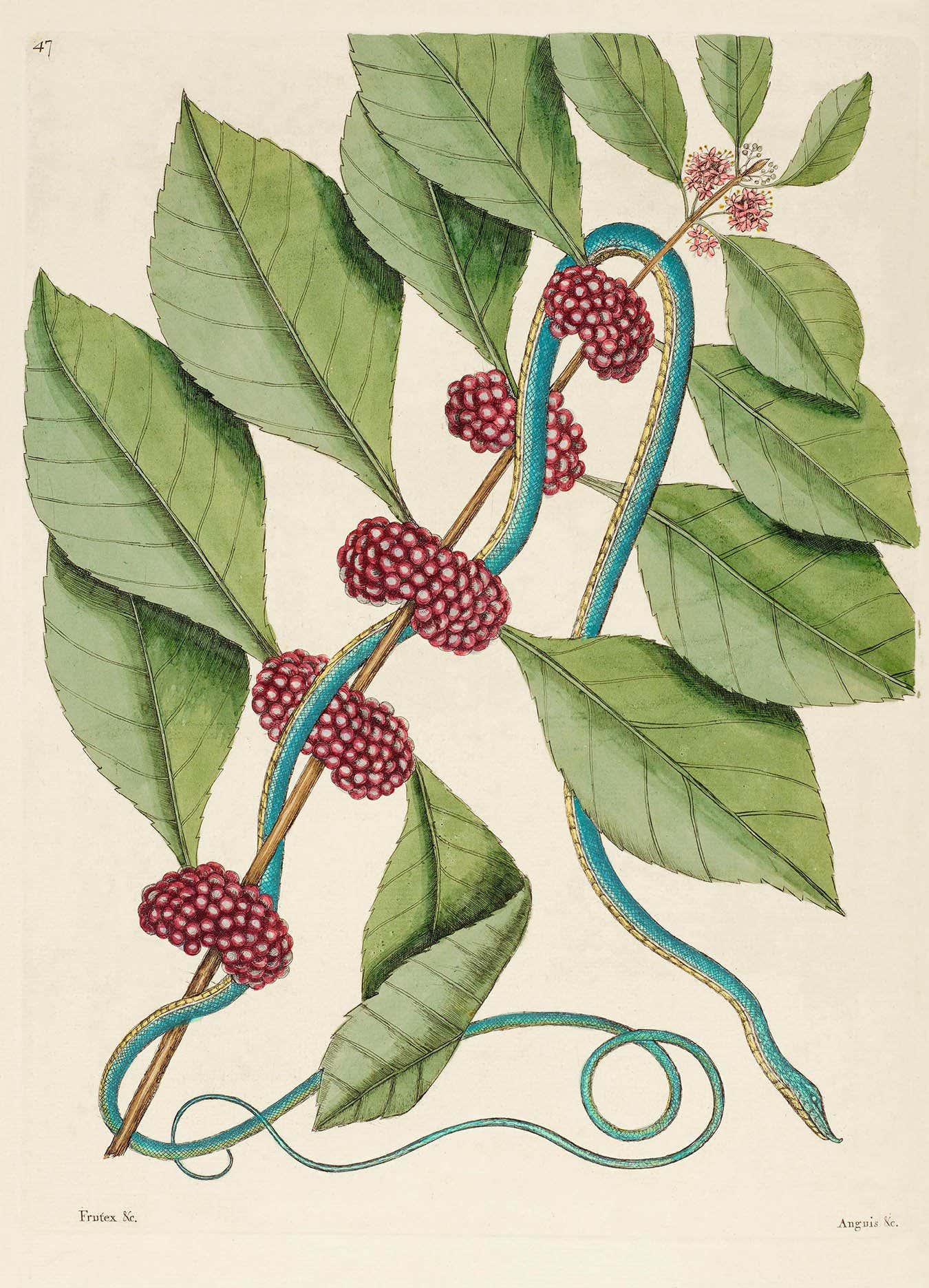
The rough green snake (Opheodrys aestivus)
Bodleian Library Publishing, University of Oxford, 2024
These remarkable and intricate illustrations are the work of Mark Catesby, an English naturalist and artist who made numerous visits to North America in the early 18th century, recording the flora and fauna he saw on his travels.
His work is collected in a new book, Catesby’s Natural History by Stephen A. Harris, an exploration of the naturalist’s landmark treatise, The Natural History of Carolina, Florida, and the Bahama Islands. “Catesby presented his readers with illustrations of a wide diversity of plants and animals that were being discovered by Europeans in North America and the Caribbean,” says Harris. “Many of these were illustrated for the first time – Catesby became the de facto authority on them.”
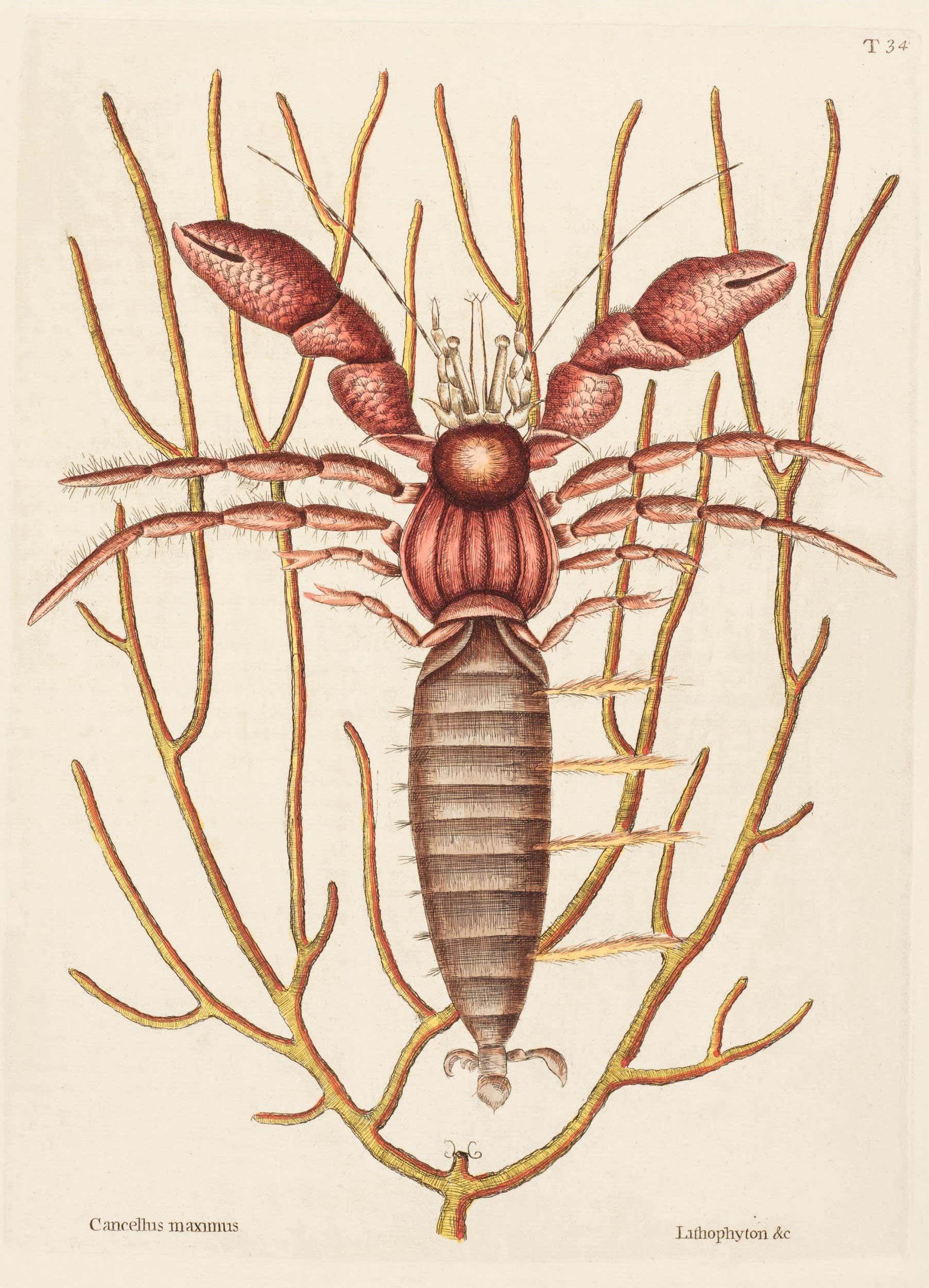
Giant hermit crab (Petrochirus diogenes)
Bodleian Library Publishing, University of Oxford, 2024
Advertisement
Featuring more than 400 species, some of which are now extinct, several plates depict a plant and an animal in one image, such as the rough green snake (Opheodrys aestivus), shown top, curling around an American beautyberry shrub (Callicarpa americana). In a similar vein, a giant hermit crab (Petrochirus diogenes) sits on top of what, writes Harris, is “probably” an angular sea whip (Pterogorgia anceps), shown above.
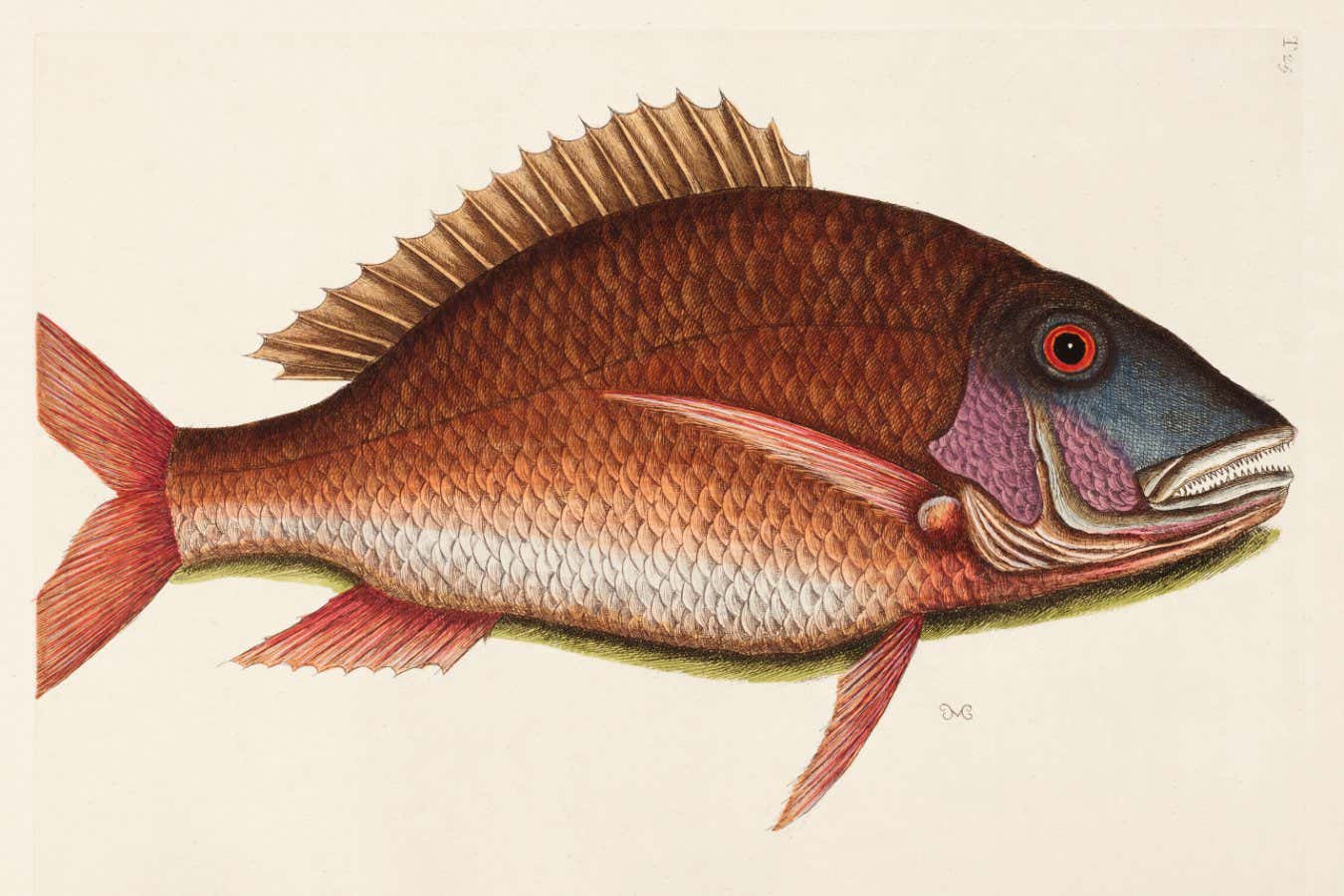
Mutton snapper
odleian Library Publishing, University of Oxford, 2024
Pictured above is a colourful mutton snapper (Lutjanus analis), and the deciduous plant Spanish jasmine (Plumeria rubra) is pictured below.
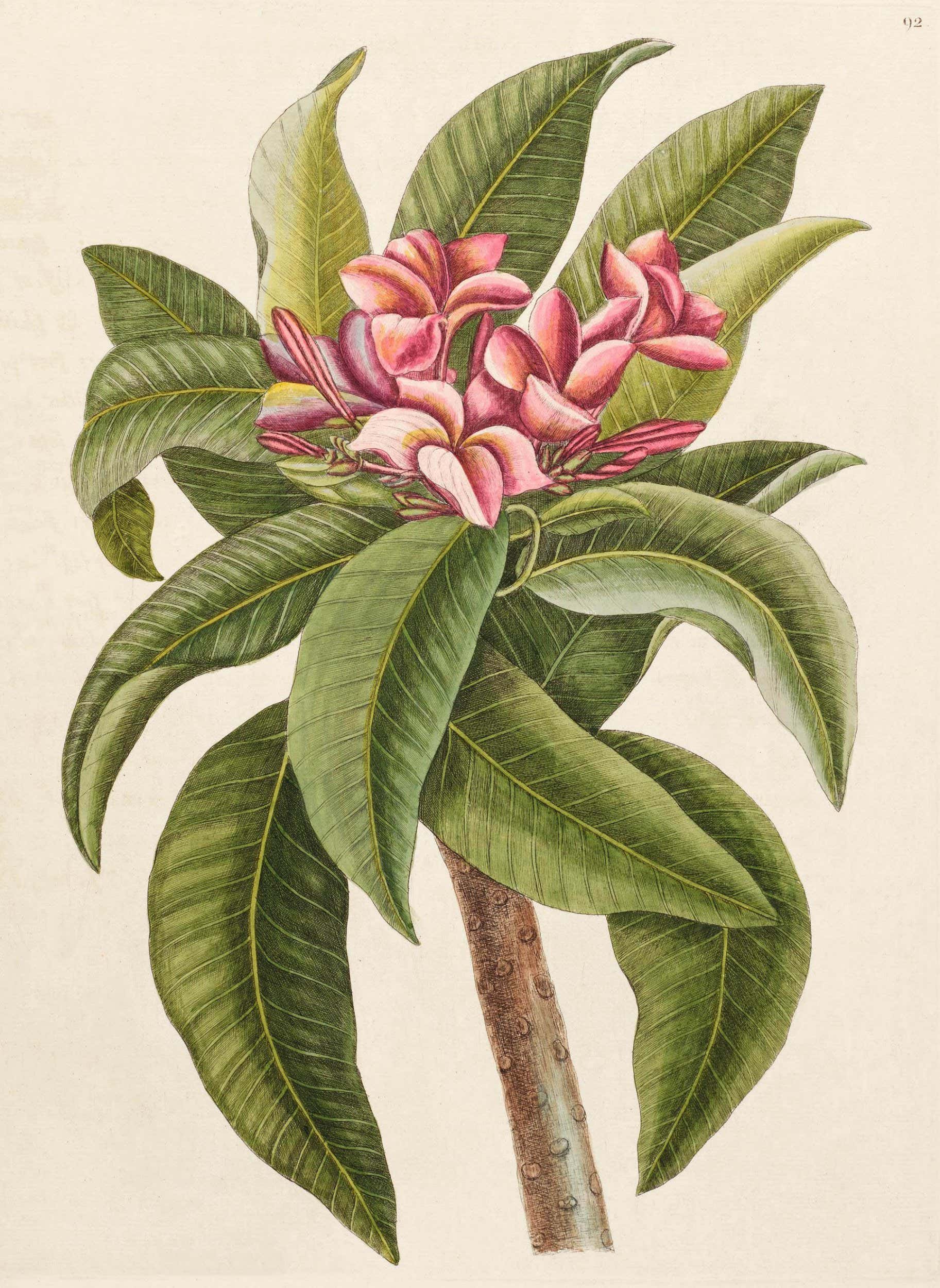
Spanish jasmine (Plumeria rubra)
Bodleian Library Publishing, University of Oxford, 2024
Catesby “hoped to stimulate curiosity in natural history – beyond the confines of the library”, says Harris. “His work speaks to modern themes of landscape and habitat change, changing species’ distributions and extinction and the value of traditional knowledge held by Indigenous people.”
Topics:
